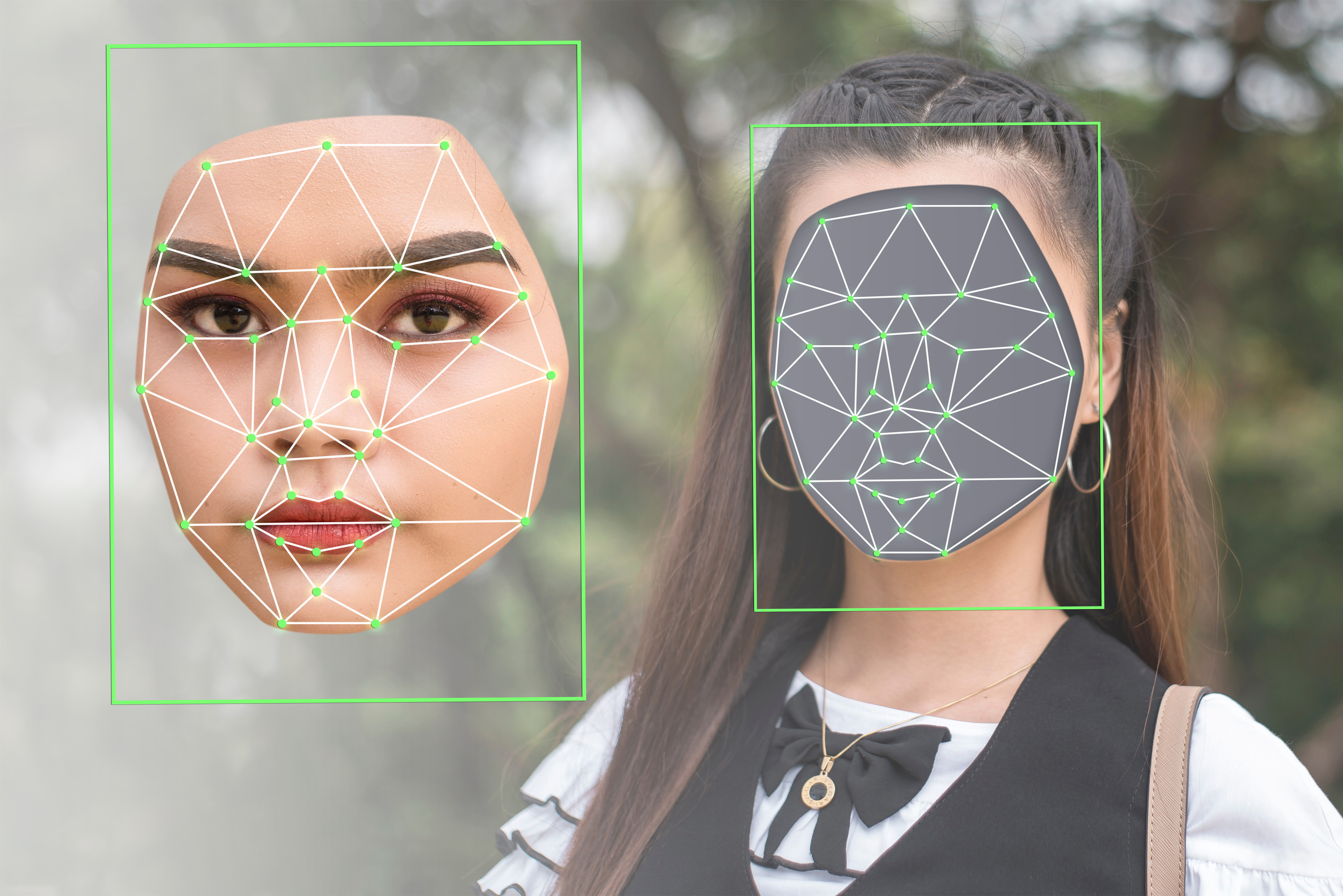The FBI has issued a warning over a growing trend in sextortion scams that are using artificial intelligence (AI) to create deepfakes of innocent people. Scammers are manipulating stolen images and videos to produce deepfakes that show non-consenting adults, including minor children, in fake but explicit sexual activity. The FBI has observed a sudden uptick in sextortion victims reporting the use of fake images or videos, created from content posted on their social media or other websites, since April. Victims are often contacted by threat actors and forced to pay money or gift cards to remove the images or prevent them from being shared with family or friends. However, once the photos and videos are in circulation, it is difficult for victims to ensure their complete removal from the Web.
The FBI advisory described how malicious actors use content manipulation technologies and services to exploit public images and videos into sexually explicit images, that appear true-to-life in the likeness of the victim, then circulate them on social media, public forums, or pornographic websites. Many of the victims did not know their images had been stolen or used in deepfakes until someone notified them. The rise in deepfake technology, in which images and videos that seem real but aren’t can be created using AI, has led criminals to use the deepfakes to target a wider range of victims than previously, experts say.
Sextortion scams can have ramifications for both personal technology users and the organizations to which they belong. When business leaders are targeted, it can lead to reputational damage and potential harm to their businesses. Sextortionists can also coerce business leaders to make potentially unwise decisions, such as exposing corporate data, as part of their demands when they target them with compromising videos or images.
To avoid being targeted or compromised, the FBI urges everyone to exercise caution when posting personal photos and videos on social media, dating apps, and other online sites. Parents and guardians of children should monitor their online activity and discuss the risks associated with sharing content online. Adults should use discretion when posting images, videos, and personal content online, particularly those that include children or their information. Applying strict privacy settings on social media accounts to limit public exposure of personal and private images and information can help people avoid targeting by sextortionists, according to the FBI.
Recent reports suggest that sextortion would be on the rise this year, with targets extending beyond the typical high-profile business executives and public figures to virtually anyone with data stored in a place that attackers can reach. These threats can also extend to the friends and family of more publicly recognizable people, with attackers using personal or sexually explicit info or images of loved ones as leverage. Experts have highlighted the need for individuals to run frequent searches of their personal information to help identify the exposure and spread of personal information on the Internet.


